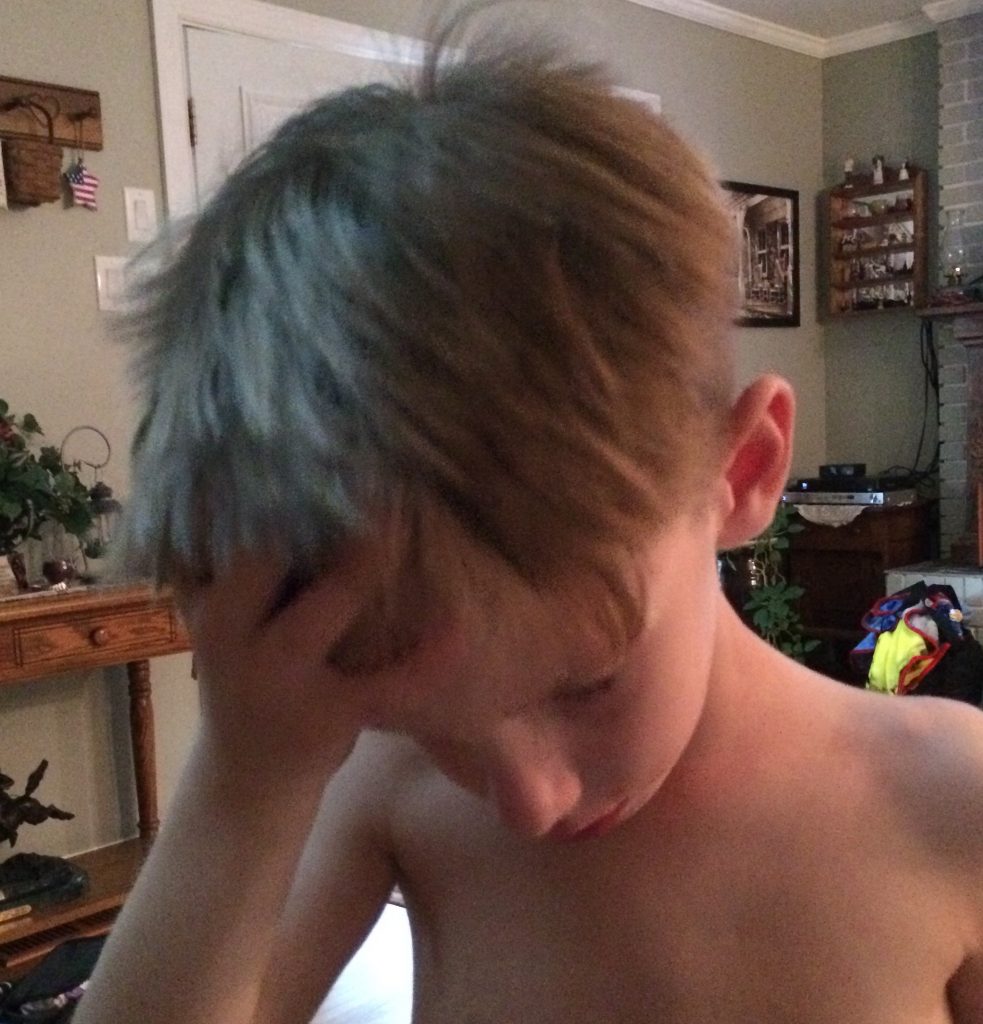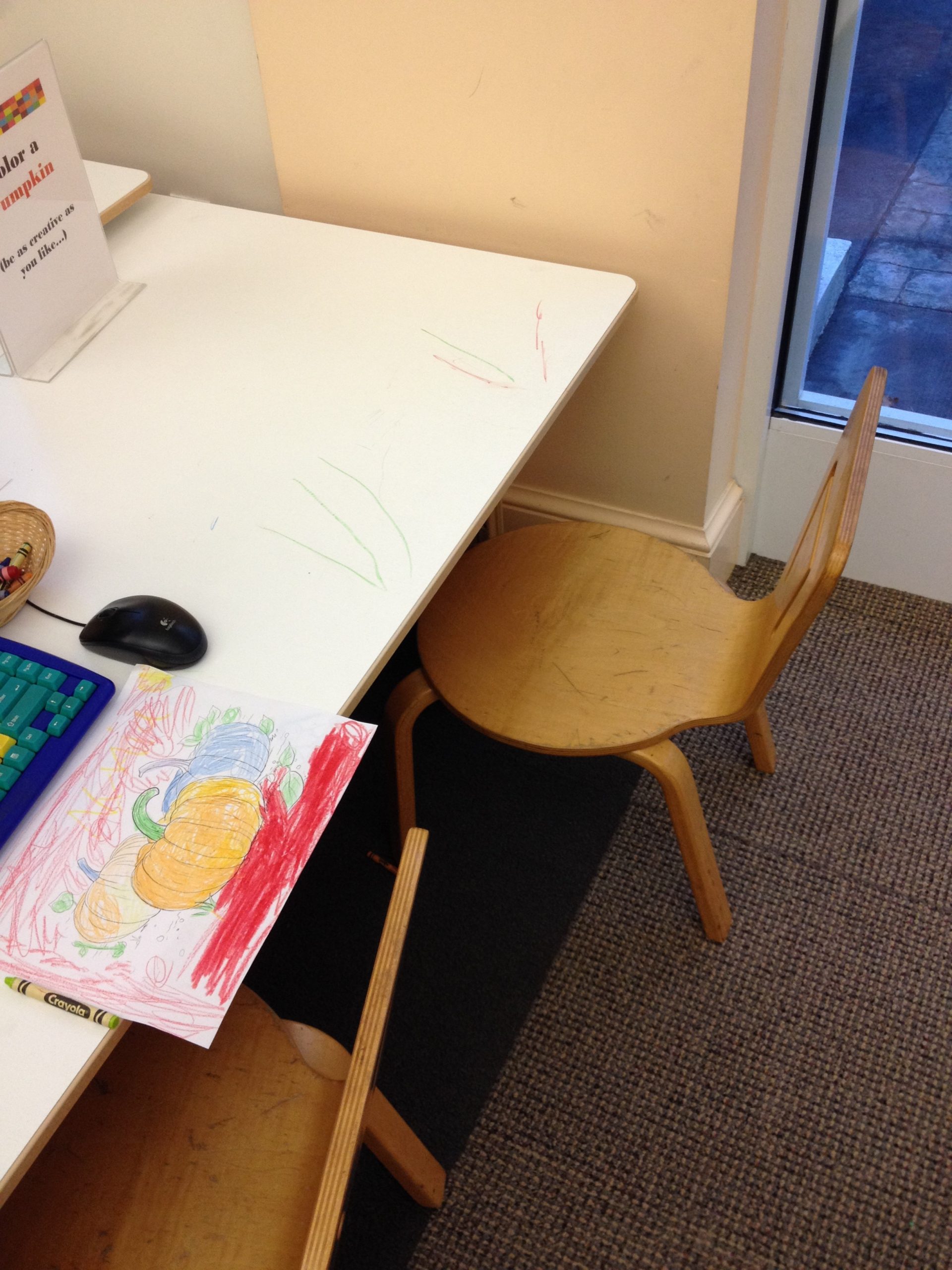Embarrassing and shaming children is one way to discipline. Both parents and teachers try to force kids to behave by using humiliating punishments. However, this type of punishment is harmful and abusive. The obvious shaming is physical punishment or a public reprimand. But, there are more understated forms of shaming. These are:
• Making a child feel guilty,
• Creating the feeling of being stupid,
• Or, giving them the sense of being or causing trouble.
Whether it is in private, the classroom, or in public, it is ineffective and destructive to humiliate a child. Shame happens quietly. It does not leave marks and is easy to miss. And, it is easy to believe it doesn’t cause problems. But, it is the wrong approach to use as a discipline.
Embarrassing Has Consequences
Shaming a child creates a compliant person that finds a way to avoid future shame. It does not build a strong mind. When children are shamed as a disciplinary measure or simply a reaction by an authoritative person, the child focuses on themselves and not the action. They think about what kind of person they are and not the action they’ve done. Shaming causes fear that does not go away as they become adults. It stands as an emotional barrier that is difficult to change. Also, it does not build empathy.
Research indicates that it is never appropriate to shame a child or student. Children should not feel degraded. Not only does embarrassing punishment cause emotional damage, it disconnects a bond between parent and child and/or teacher and student.
Focus on Behavior
All children do and say odd things. And, adults feel frustration and sometimes anger with the behavior. Instead of making a comment, focus on the action. Teach the best way to deal with the problem that caused the behavior.
Discipline is essential at home and in school. However, research advocates the use of a positive and effective method of correcting behavior rather than shaming.




